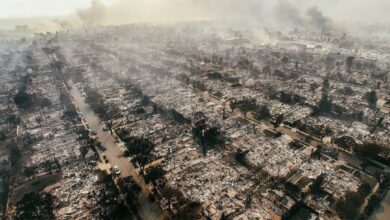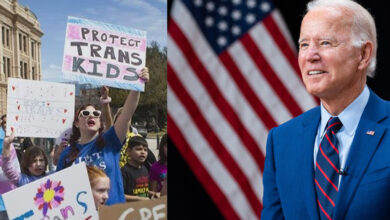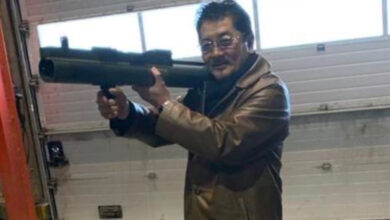Australian Police Seize Record 2.3 Tons of Cocaine in Major Drug Bust
Wellington, New Zealand — December 2, 2024
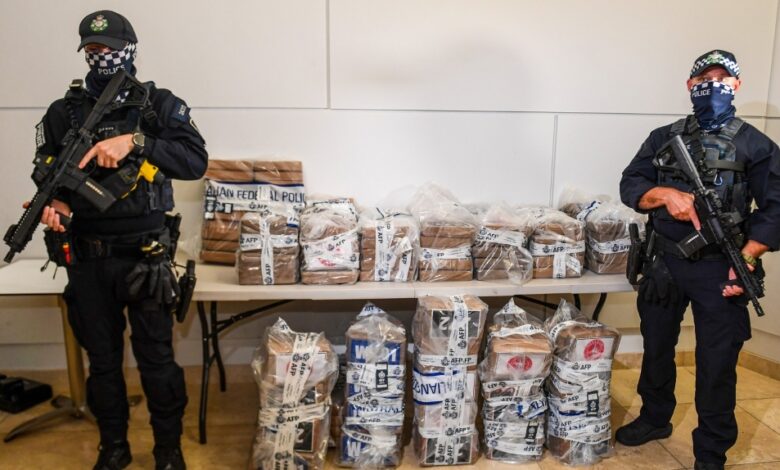
Australian authorities have conducted one of the largest drug busts in the nation’s history, seizing a staggering 2.3 tons of cocaine and arresting 13 individuals. The operation, which unfolded after the suspects’ boat broke down off the coast of Queensland, highlights the scale of international drug trafficking targeting the region.
The seized cocaine, with an estimated street value of 760 million Australian dollars (approximately $494 million USD), could have been distributed in as many as 11.7 million street-level deals, according to Australian federal police.
“This is a significant disruption to organized crime and the illegal drug trade,” a police spokesperson said. “It underscores the collaborative efforts of law enforcement agencies in tackling these operations.”
Authorities revealed that the massive drug haul originated from an unnamed South American country, highlighting the ongoing flow of illicit substances from the region to Australia. The intercepted shipment was reportedly destined for distribution networks across the country, which has a population of 28 million and high demand for cocaine.
Details emerged during a press briefing in Brisbane, where investigators described how the suspects’ boat ran into mechanical trouble, forcing them to abandon their plans. Police swiftly launched coordinated raids, resulting in the arrests of 13 individuals allegedly linked to the trafficking operation.
“This outcome is a testament to the vigilance and expertise of our officers,” authorities said, noting that the seizure marked a record-breaking quantity for cocaine in Australia.
The investigation is ongoing, with authorities working to uncover the broader network behind the smuggling operation. Law enforcement officials said they are cooperating with international agencies to identify and dismantle the syndicate responsible for orchestrating the shipment.
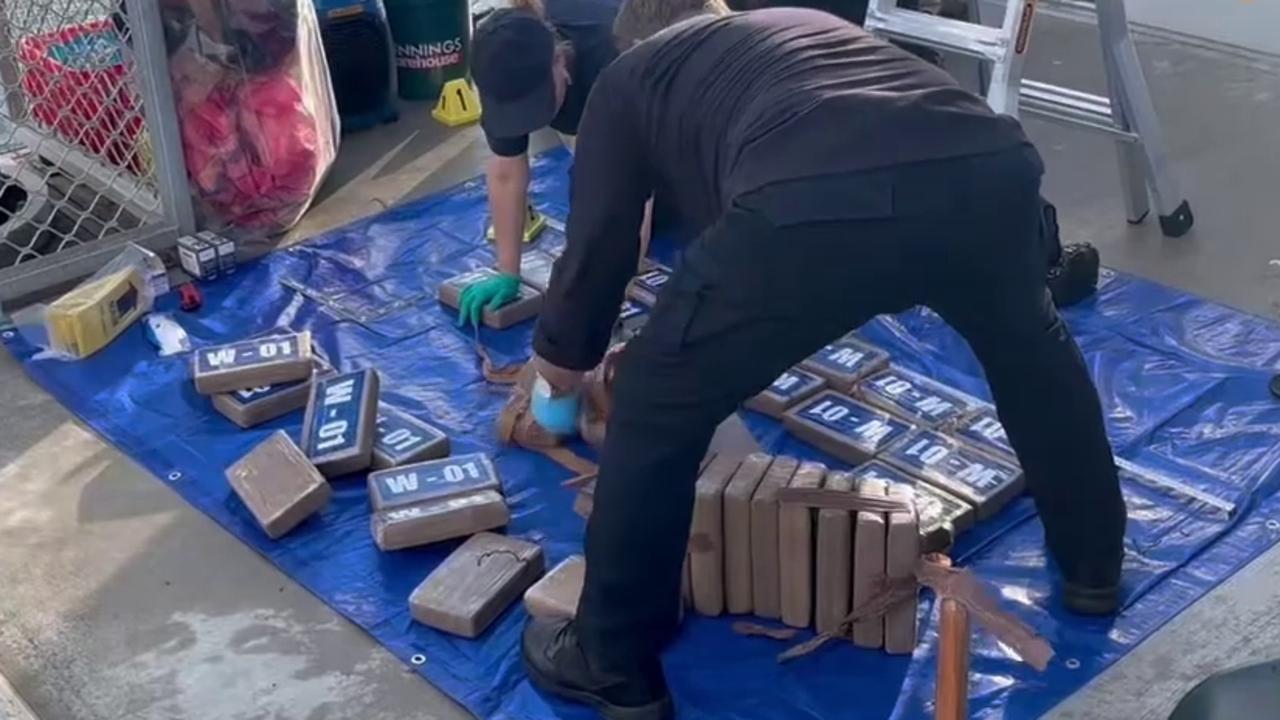
Australia has long been a lucrative market for drug cartels due to its relatively high street prices for illicit substances. Experts warn that such large-scale busts reflect the scale of the problem rather than signaling its decline.
“This kind of success is critical in disrupting criminal operations, but the challenge remains to address the demand and the sophisticated methods these organizations use to smuggle drugs into the country,” said criminologist Dr. Paul Reilly.
As the investigation unfolds, authorities are calling for enhanced measures to combat drug trafficking, including stronger international partnerships and public awareness campaigns to reduce demand for illicit drugs.


